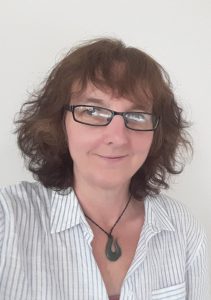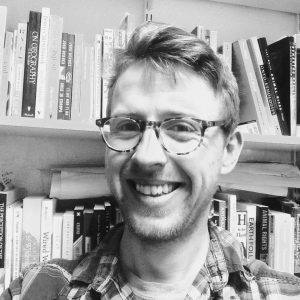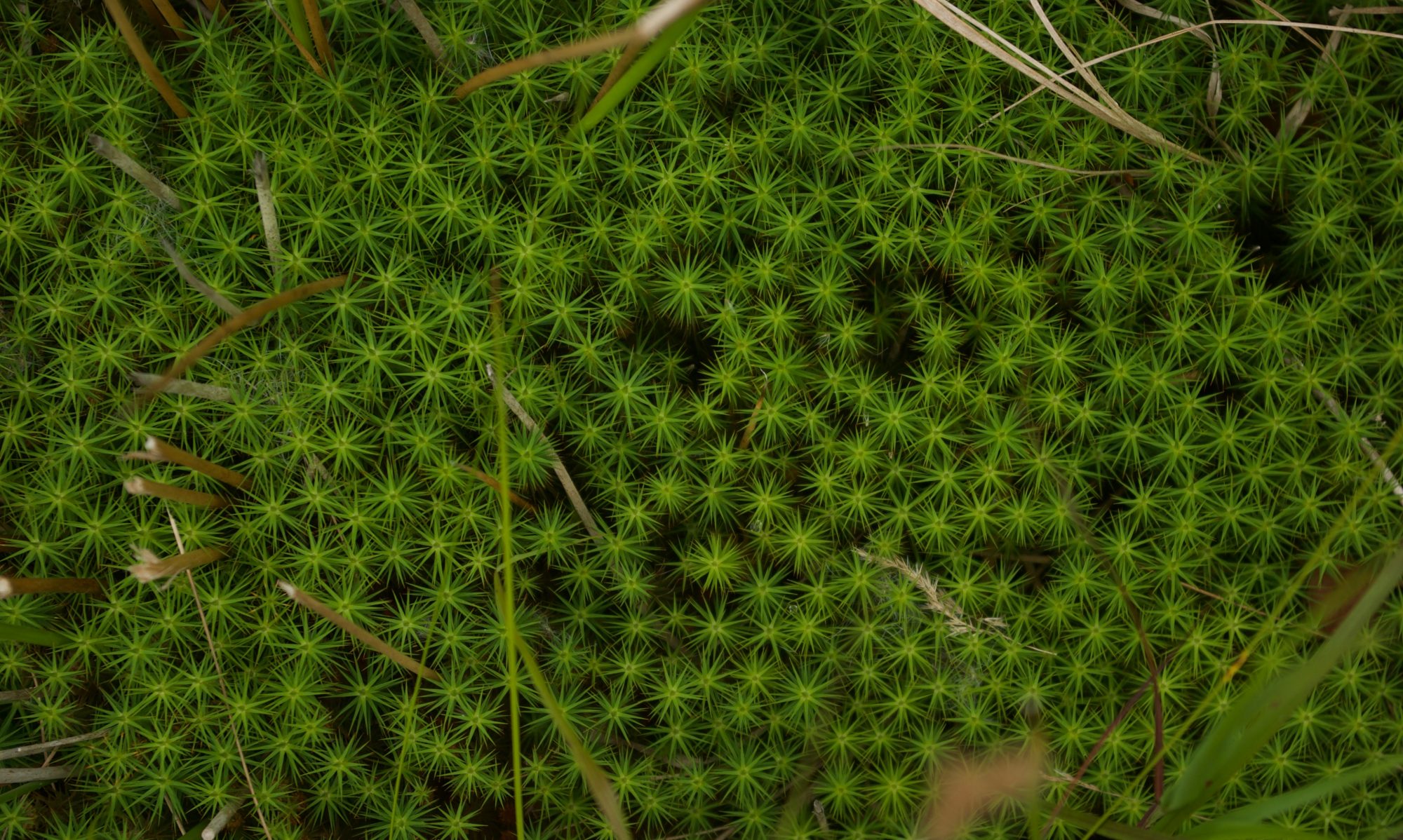This page provides some brief information about the individuals involved in this research project, their interests, affiliations and expertise.
 |
Dr Pauline Couper
E: p.couper@yorksj.ac.uk // Twitter: @DrPaulineCouper Pauline is Subject Director for Geography at York St John University. Her research has always focused on nature in one way or another. This began with doctoral research in geomorphology (specifically, river bank erosion), developing scientific knowledge of nature. But we all encounter and understand ‘nature’ in multiple and complex ways. Her more recent work has investigated encounters with nature through outdoor activities, on land and sea. Pauline also has expertise in ‘philosophy of geography’: examining the abstract ideas and assumptions that geographers make as they develop knowledge of the world, and the practices through which such knowledge is constructed. Pauline is a Fellow of the Royal Geographical Society (RGS), and a member of the RGS History & Philosophy of Geography Research Group and the Higher Education Research Group. She is a Senior Fellow of the Higher Education Academy. |
 |
Dr Ben Garlick
E: b.garlick@yorksj.ac.uk / Twitter: @geographicalben Before moving to York St John in January 2017, Ben studied geography first at Cambridge University and, then at the University of Edinburgh, where he earned his Masters and PhD. His PhD research explored the historical animal geographies of osprey (Pandion haliaetus) conservation in nineteenth- and twentieth-century Scotland. Through five stories, chronicling the militarised nest-defense of ‘Operation Osprey’ at Loch Garten (begun in 1956), as well as later initiatives to manage the birds on Speyside, his thesis explored complex ethical questions concerning the human-animal relations that arise amidst attempts to ‘secure’, know and foster a successful species re-colonisation. In his research, Ben draws, in particular, on the ‘more-than-human’ or ‘posthuman’ scholarship of Tim Ingold, Giles Deleuze and Donna Haraway. He seeks to trace human-animal relations in terms of their dwelt, immanent and situated natures. His active research interests are focussed upon historical, cultural and animal (or ‘more-than-human’) geographies. In particular, the key themes of his research are:
|
